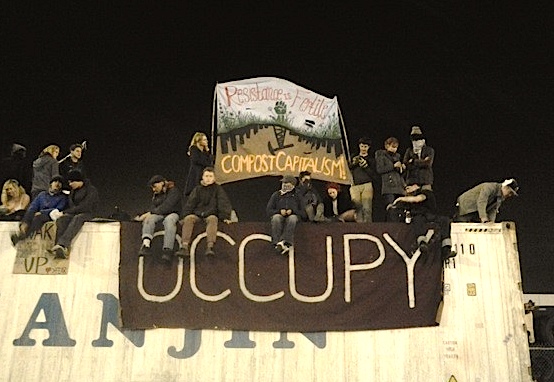 I’m very much looking forward to giving a keynote lecture this week, at the 16th International Culture and Power Conference, which is being held from October 2-4, hosted by IBACS (the Iberian Association for Cultural Studies) and the English Department at the University of Murcia, Spain. Here is a little information about the conference (the full programme’s here):
I’m very much looking forward to giving a keynote lecture this week, at the 16th International Culture and Power Conference, which is being held from October 2-4, hosted by IBACS (the Iberian Association for Cultural Studies) and the English Department at the University of Murcia, Spain. Here is a little information about the conference (the full programme’s here):
The conference’s special topic will be SPACE. The 16th Culture and Power conference seeks to respond to the growing importance of space, spatial analysis, and localization in cultural studies. While locating cultural practice in concrete geographical and social coordinates has been a constant in the field, the last two decades have witnessed an extraordinary expansion in the ways space has been explored and made to signify in relation to such different social categories as: gender and sexuality; race and ethnicity; region, nation, and globalisation; the real and the virtual. Likewise, location and ground, as well as notions of public and private memory, history, deep and slow time, cultural and media archaeologies, and storytelling have all become essential to more traditional temporal concerns.

I’m giving the opening plenary on Wednesday, and my title is ‘Polemic space, protest, and the garden’. From my introduction (though I don’t like the inelegantly contradictory ‘larger … sub-project’ phrase and may change it): ‘In the terms of this conference, it’s a matter of looking at an uncool, apparently apolitical social-cultural space and practice—the public or private garden, the dirty seasonal act of gardening—and asking questions about where aspects of power manifest themselves in there, and / or are hidden, challenged, subverted. It’s also to acknowledge that this particular book [Radical Gardening] is a very small part of the larger cultural studies sub-project to disseminate our hard-earned, threatened (it feels, from a British university perspective, at least) knowledge about, say, the operations, achievements, history of culture as critique and as engine of social justice to as wide an audience as we can.’
